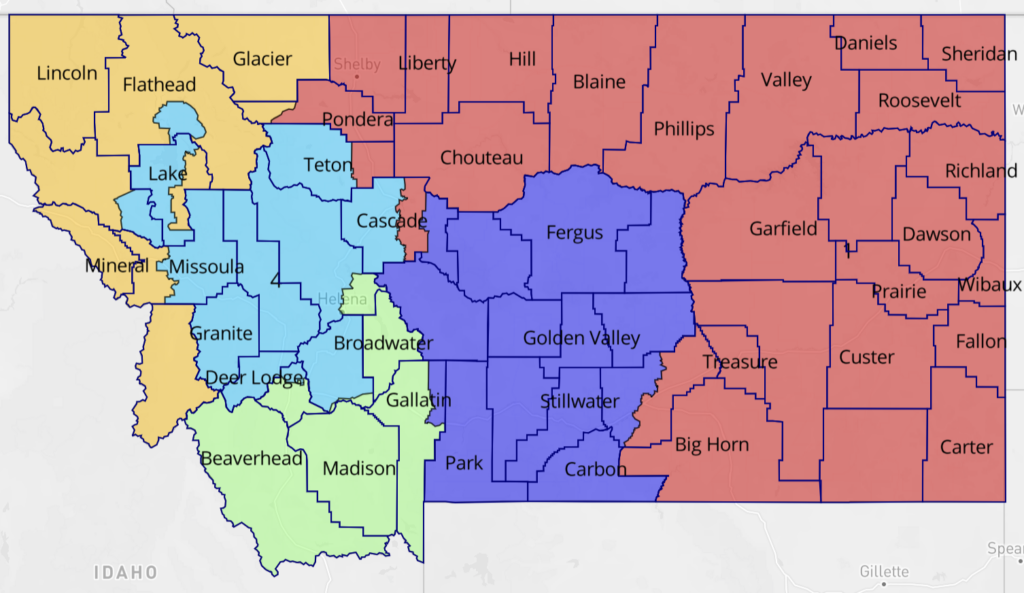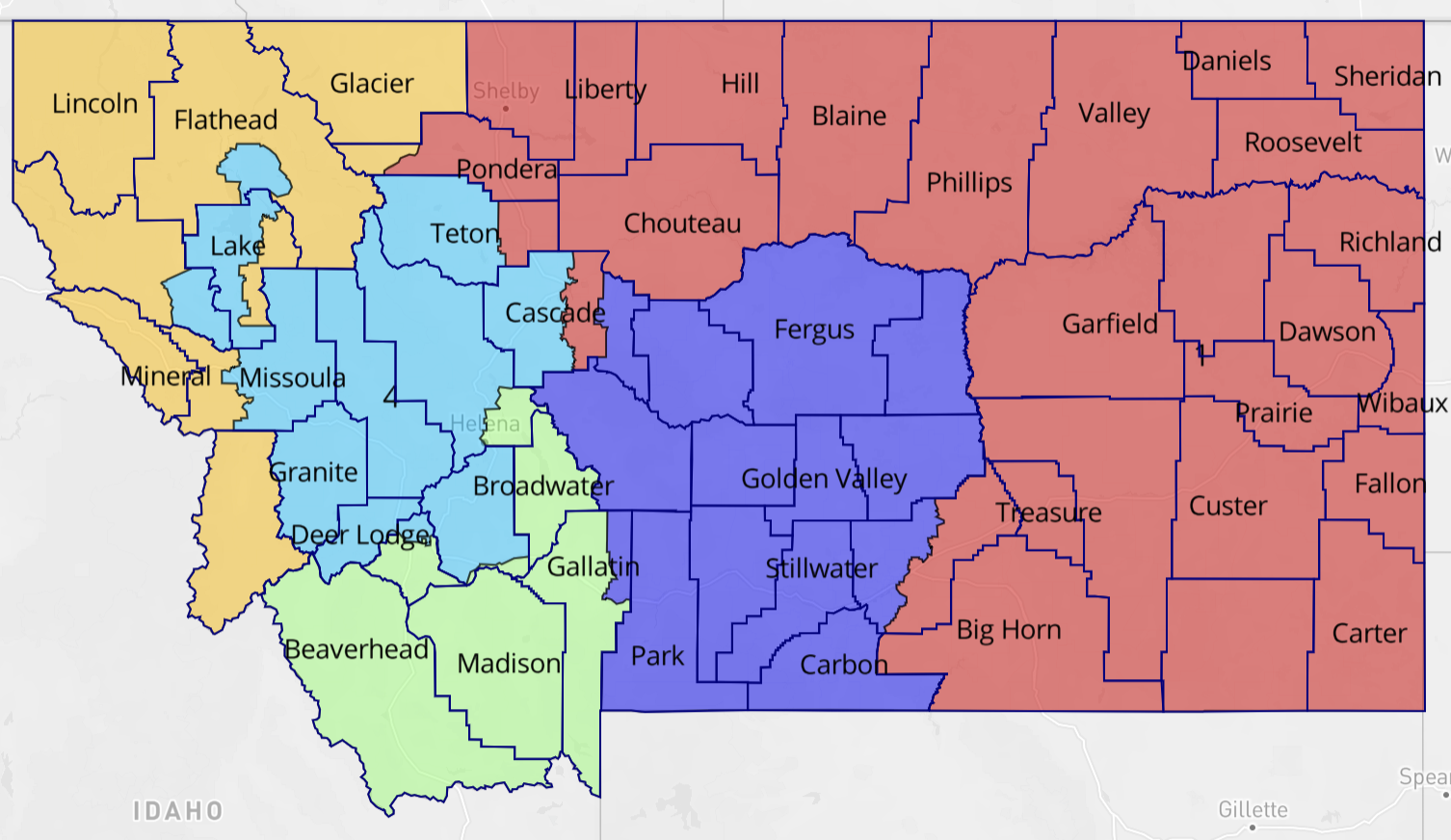[ad_1]

There’s been a handful of constitutional proposals to alter last year’s Montana Redistricting product and process. Most were quite narrow – and rightfully dismissed.
My suggestion is a bit larger and more significant for our beloved Treasure State’s version of democracy. ChatGPT, the Artificial Intelligence researcher, shows us five deficiencies in our state’s system: Gerrymandering, partisan bias, transparency, inadequate public input and disregard for communities of interest.
During redistricting, dismay lay mostly in the net-nET of 92 safe House seats.
This is the real travesty for Montana’s democracy. In the face of a 38% independent voters, all but eight seats are predisposed to the two “major” parties?
As most people know, equal in population is the primary beacon for mapping; unfortunately the commission’s criterion for allowable/standard deviation was abandoned at the very end. Still, the commission couldn’t find its way to fashion a more meaningful competitiveness; an earlier, so-called “metric” made the situation worse: Seventeen competitive districts went down to eight.
The commission’s end-product maps are reasonably fair to both political parties but not to our nonpartisan, independent and bipartisan voters. The hidden mantra seemed to be: Don’t lose market share at any and all costs.
How does one “represent” all Montanans without middle ground constituents or swing voters getting their share?
There are still 62 districts that are too Republican and 29 too Democrat. That means they’re more extreme than ever and less responsive to broader constituent concern. This means Montana’s message bills, gridlock and extremes are still in our electoral future.
The spectacle of incumbents testifying ad-nauseam may also leave the litigation door open. Another for the books: A commissioner called a “whore.” Yes, ample hearings and opportunity to comment, but the players were using four different numbering systems. So much testimony got muddled and comparisons were often obfuscated at a critical junctures.
Perhaps parties should be removed altogether, or at least diluted. Make some commissioner appointments from nonpartisan corners. To be sure, partisan dominance has now proven itself to be an undue influence and ineffective steward of such a foundational activity.
The commission appointees didn’t even try to, God-forbid, do right by democracy with this once-a-decade opportunity. Some outstanding journalistic analysis put real constructive concepts out for our consideration.
On the other hand, the state’s newspaper association couldn’t even consider a Public Service Announcement request – because districting was viewed “too political.”
Dividing counties, municipalities is also only a nominal occurrence. And commissioners bent over backward there. Rural communities rightfully got their 38% share of the House allocation. Spoke and Wheel is standard practice nationwide; suburbanization, as most of us know, is a common phenomena.
Overuse of elections data was not at issue but under-use was. As the commission wound down, 50 unopposed legislative elections took place in November. Every place one turned at the Capitol in recent weeks there was a legislator with a direct line from the primary to a state office. They never represent as well as the ones who had competition at the ballot.
Experts would call our new apportionment a “status quo” design. Civic enthusiasts feel it’s more “business as usual.”
Add to it ten Republican families double-dipping and you’re at 60 or 70 “gimmes” or defaults. That means there are two people sharing the same address who represent two different districts. How does that pass the “smell test?” And who is minding the store, so to speak?
Sorry to say it but: Montana Redistricting has become just a party game. Nonpartisans, newcomers, fair-mindeds and our beloved rugged individualists seemingly are expected to butt out.
Democracy lost this cycle – with the next decade’s elections sure to produce fewer candidates, fewer issues, fewer debates, fewer centrists and less feedback or broader accountability to community needs. And that’s these major parties’ job.
If the two can’t or won’t or don’t fill a ballot with candidates what good are they?
This is where Redistricting reform should be directed. By accident or intention, the process is not instilling confidence in the state’s political leadership nor our underlying election system and process.
Our voice on myriad issues has been and will continue to be hornswoggled.
[ad_2]
Source link
